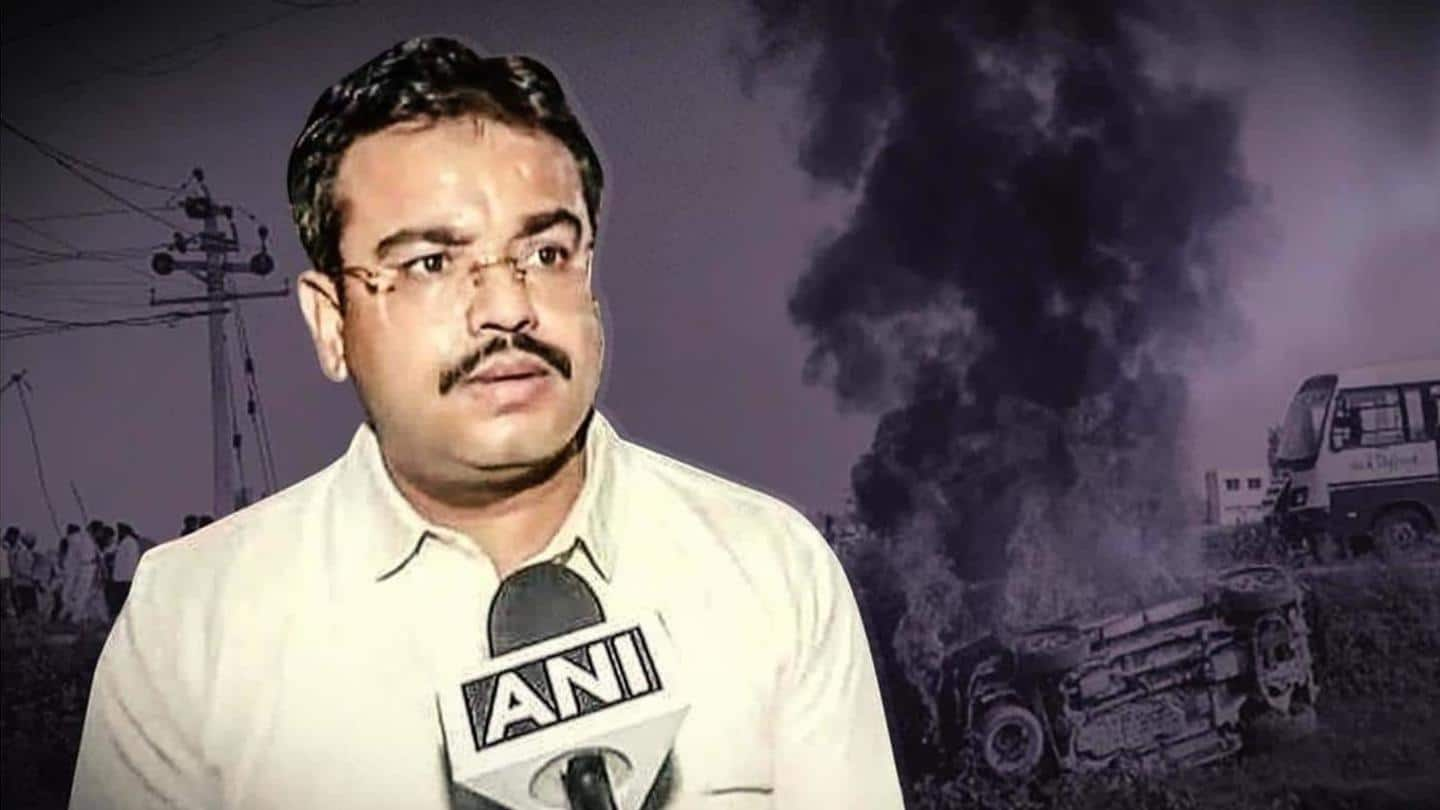
Lakhimpur Kheri violence: SC cancels bail granted to Ashish Mishra
What's the story
The Supreme Court on Monday canceled the bail granted to the main accused Ashish Mishra in the Lakhimpur Kheri violence case.
The court reportedly also directed Mishra—the son of Union Minister of State for Home Affairs Ajay Mishra—to surrender before authorities within a week.
Notably, the SC was hearing a plea by farmers seeking cancellation of Mishra's bail granted by the Allahabad High Court.
Context
Why does this story matter?
The Lakhimpur Kheri incident took place in October last year, when Mishra's three-vehicle convoy allegedly mowed down a protest rally of farmers in the Uttar Pradesh city, triggering violence.
Eight people—four farmers, two BJP workers, a journalist, and a driver—were reportedly killed.
Mishra was arrested following the incident and was in judicial custody.
However, he was granted bail by the HC in February 2022.
Details
HC denied right of hearing to victims: SC
Setting the HC order aside, the top court said the HC granted bail to Mishra taking irrelevant considerations into account, denying the right of hearing to the victims.
"The denial of victims to be heard and the tearing hurry shown by the HC merits the setting aside of bail order... The order can't be sustained and has to be set aside," the SC said.
SC's order
Victims have right to participate in bail hearings
The top court has also remanded Mishra's bail application back to the HC, which would take a decision on merits after considering relevant factors and granting the victims the right of hearing.
The SC bench—comprising Chief Justice of India NV Ramana and Justices Surya Kant and Hima Kohli—further noted that victims have an "unbridled right" to be part of all proceedings, including bail hearings.
Background
SC earlier raised questions over HC order
To recall, the SC reserved its order on the farmers' plea on April 4.
It previously raised questions over the HC's order granting Mishra bail.
It said the HC shouldn't have considered unnecessary details like the postmortem report and nature of wounds when the trial didn't commence.
It also took note of the fact that the state government didn't appeal against the HC's order.